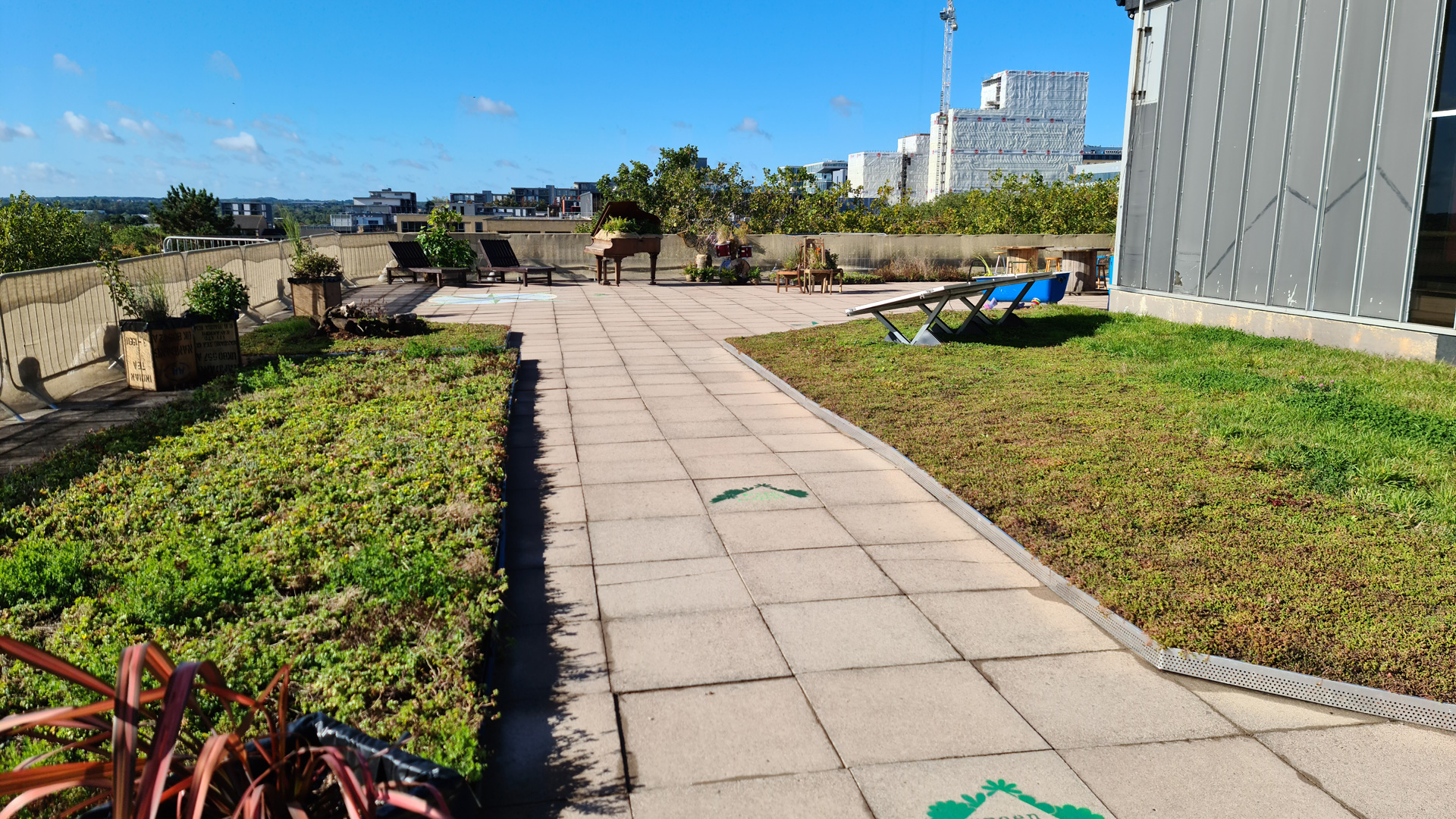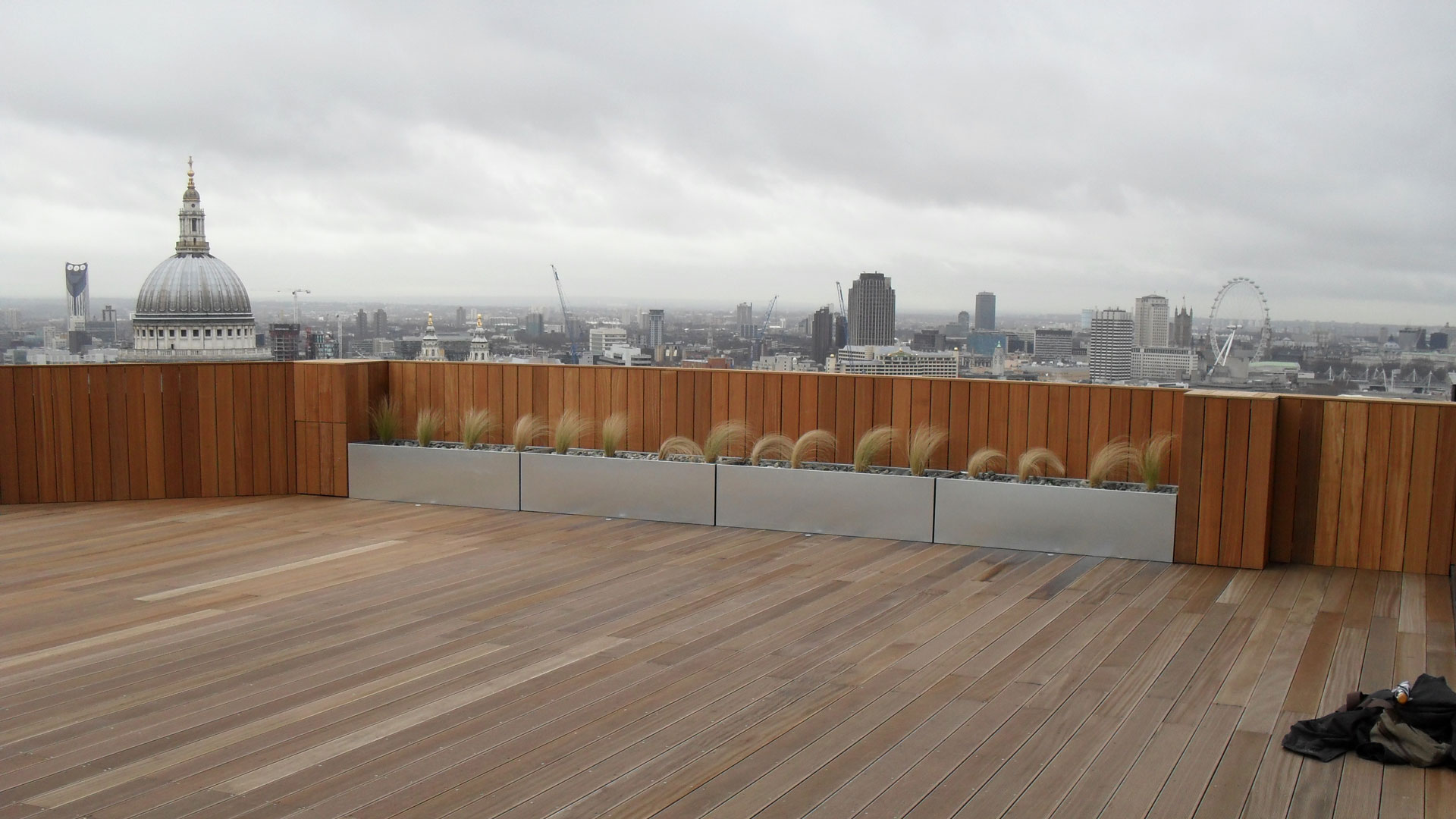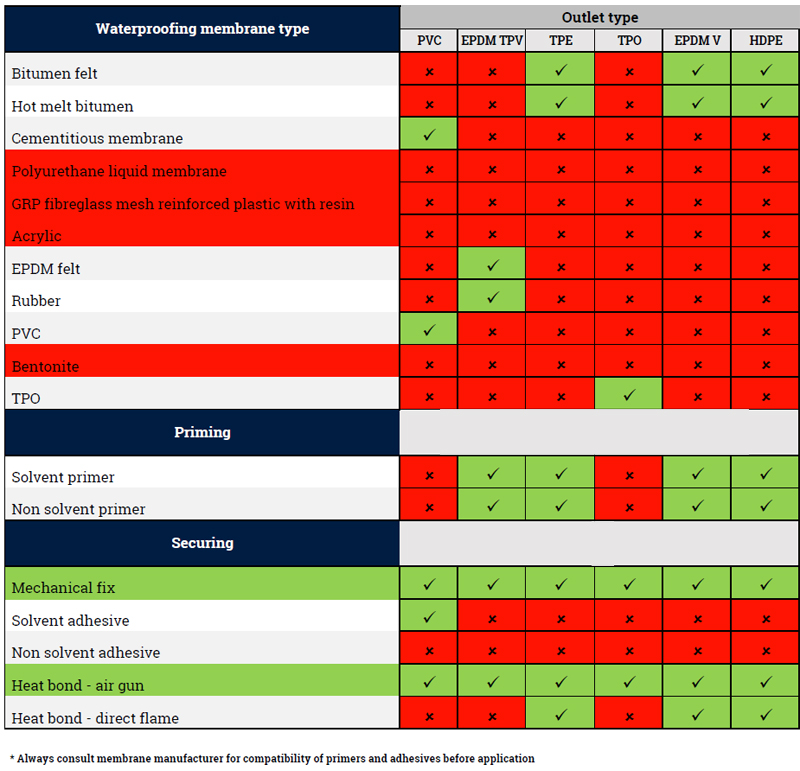Cities are home to 55% of the world population and expanding. Our increasingly urban lifestyles strain ecosystems and contribute to climate change. Home to 80% of global GDP, cities are responsible for 70% of CO2 emissions and 75% of natural resource consumption. They are also increasingly vulnerable in the face of a warming world.
Rising climate vulnerability in cities
The 2022 IPCC report on impacts, adaptation and vulnerability further sounds the alarm. The climate crisis affects people and nature worldwide: from droughts, fires and floods caused by extreme weather to coral reef destruction from ocean acidification. These impacts will increase as global temperatures rise. Climate change especially impacts vulnerable urban populations, many living in informal settlements. Ensuring cities are resilient is essential to absorb these stressors, while maintaining function when facing compounding threats.
Cities are places of challenge and change, but also testing grounds for innovative new ideas, including how to better integrate nature-based solutions (NbS) to achieve human and ecological benefits. NbS are one tool, of many, that we can use to mitigate the impacts of climate change.
Role of nature-based solutions
IUCN defines nature-based solutions as “actions to protect, sustainably manage, and restore natural or modified ecosystems that address societal challenges effectively and adaptively, simultaneously providing human wellbeing and biodiversity benefits.”
WWF emphasizes that NbS should be designed to address clear societal challenges identified with and for beneficiaries: food security, climate change, water security, human health, disaster risk, natural and economic development, whilst protecting nature through monitoring of robust indicators. Examples of urban nature-based solutions include street trees, green roofs, as well as green or blue corridors connecting cities and nature areas.
For the full original article, please click here.













